The Nature Restoration Law, which sets targets for the restoration of lands and marine areas, is a key text for the European Green Deal. Already under threat in the Environment Commission at the end of June, the parliamentary vote in Strasbourg was awaited.
On Wednesday 12 July, MEPs voted against the motion for rejection tabled by the European People’s Party (EPP), which called for the text to be rejected outright (324 against, 312 in favour and 12 abstentions), before adopting a compromise text that was less ambitious than the Commission’s initial proposal (336 in favour, 300 against and 13 abstentions). Many essential objectives and obligations have been sacrificed, including those relating to agriculture and the restoration of peatlands. The text also contains other derogations and exemptions that weaken the text. This text, gutted of its substance, is not up to the urgent task of tackling climate change and biodiversity loss. The co-legislators must now focus on improving the Nature Restoration Law in the trilogue negotiations to make it fit for tackling the challenges.
More infos, read WWF press release : Weber fails to derail EU Green Deal, but Parliament agrees to a weakened Nature Restoration Law | WWF
Today , the European Parliament voted in favour of the Nature Restoration Law and the EU Green Deal, despite an unprecedented – and often outright absurd – disinformation campaign aiming to destroy it, led by conservative and right-wing politicians and agriculture and fisheries lobbies.
This win, however, came at a very high cost – to reach a compromise, MEPs sacrificed many critical obligations and targets, ending up with a position substantially weaker than the original Commission proposal [1]. This flies in the face of the urgency of the climate and biodiversity crises.
In particular, the Parliament’s position scrapped the proposed article on the restoration of agricultural lands, which includes peatland restoration, thereby foregoing an essential lever for increasing Europe’s ability to sequester carbon and addressing intensive agriculture as the main driver for biodiversity loss. In addition, Parliament adopted an amendment which would delay the implementation of the law until an assessment of the law on Europe’s food security has been conducted – responding to the scare-mongering campaign conducted by Weber’s EPP as well as the far-right groups. A further element of weakening is the removal of the article guaranteeing the fundamental right of access to justice, risking more violations of the Aarhus Convention and an uneven playing field across Member States. The text also contains multiple other weakening derogations and exemptions.
[…] Ioannis Agapakis, Nature Conservation lawyer at ClientEarth: “Although the European Parliament adopted the NRL today, the law has been ransacked by the vested interests of many of our lawmakers and we’ve been left with a shell of a law. Today’s vote should have been about securing a pathway to restore our environment for the future survival of people and the planet. Instead, the outcome of the vote means citizens have been left to defend a law that we fear will be profoundly inadequate to tackle the urgent biodiversity and climate crises. Over a million citizens, civil society, businesses and scientists demanded more of their decision-makers – today’s vote shows the European Parliament shied away from meeting those demands.”
[…]
The vote followed strong public mobilisation to defend the law and the integrity of the EU Green Deal and cut through the fake news, with over a million signatures and messages from citizens, repeated calls from 6,000 scientists, 100+ businesses, and civil society from across numerous sectors to support the Nature Restoration Law.
We are now calling on all EU institutions to make constructive use of the trilogue negotiations to ensure a final law that is fit for addressing the global climate and biodiversity emergency.
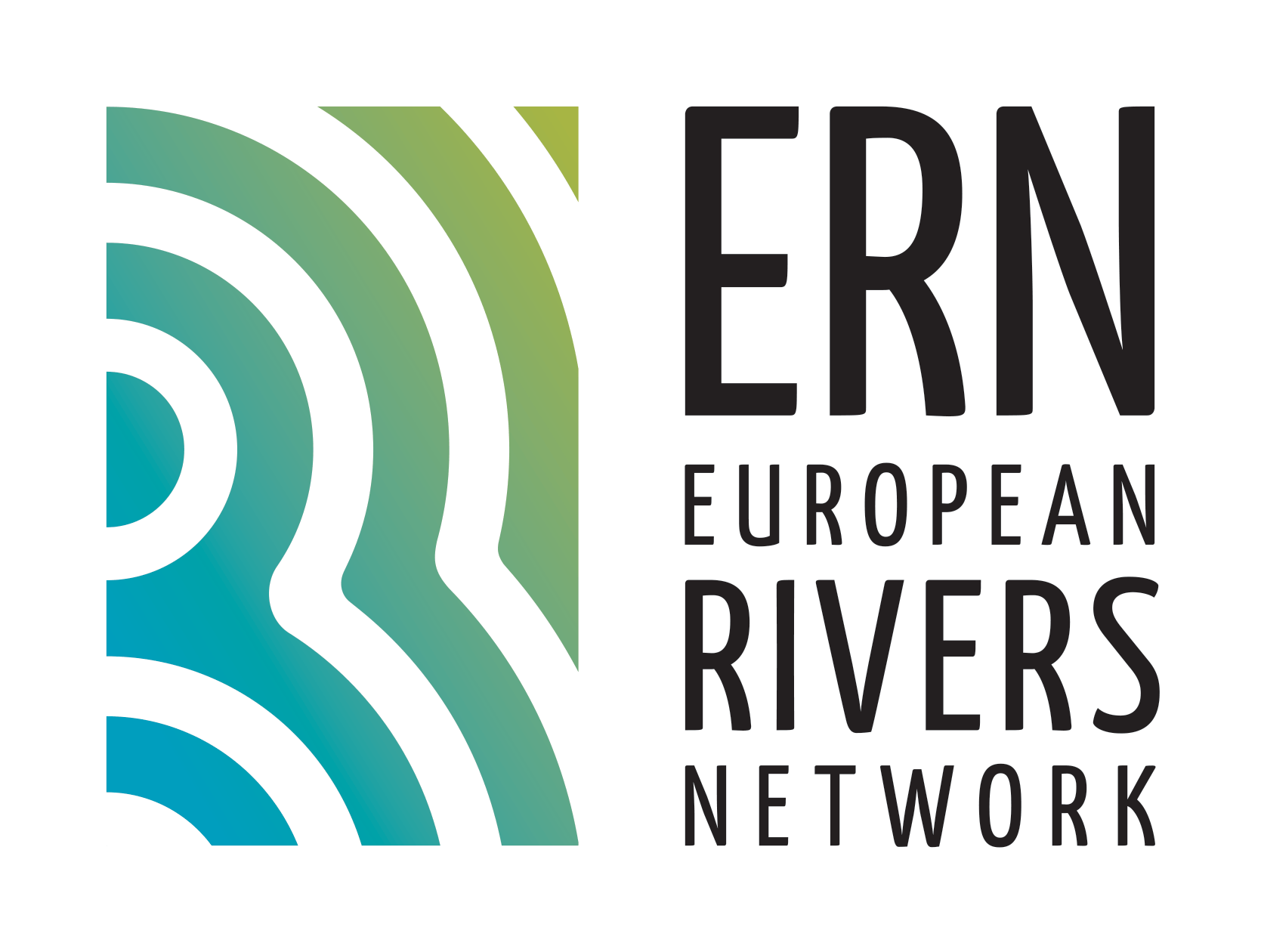
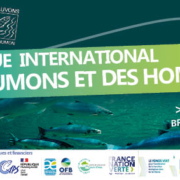
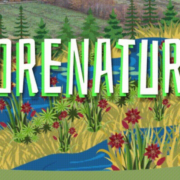

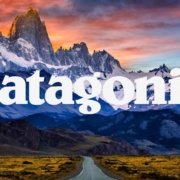

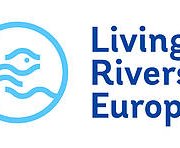

 ERN France
ERN France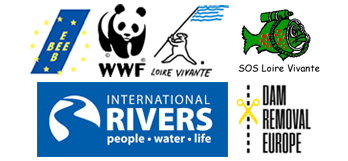 ERN is the official WWF Freshwater Partner in France and cooperates with WWF Switzerland, Austria, Netherlands and others
ERN is the official WWF Freshwater Partner in France and cooperates with WWF Switzerland, Austria, Netherlands and others